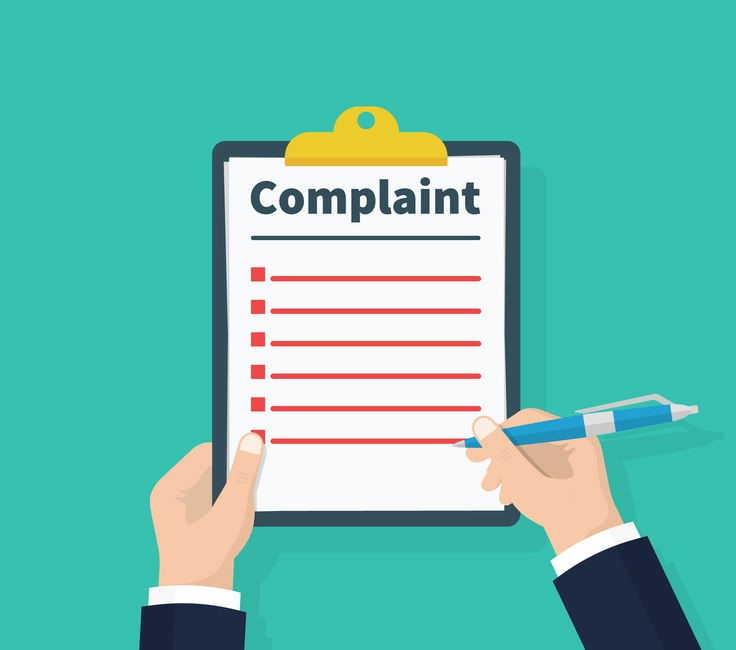 The Federal Fair Housing Act makes it illegal for housing providers, which includes community associations, to discriminate on the basis of race, color, religion, national origin, sex, familial status, or disability. This is enforced by the U.S. Department of Housing and Urban Development (“HUD”). So, if one believes their rights have been violated by their community association (i.e., through the board of directors or property manager), he/she can file a complaint with HUD after the alleged violation.
The Federal Fair Housing Act makes it illegal for housing providers, which includes community associations, to discriminate on the basis of race, color, religion, national origin, sex, familial status, or disability. This is enforced by the U.S. Department of Housing and Urban Development (“HUD”). So, if one believes their rights have been violated by their community association (i.e., through the board of directors or property manager), he/she can file a complaint with HUD after the alleged violation.
Unlike a traditional lawsuit, however, filing a HUD complaint is free for the complainant and relatively straightforward. In addition, HUD complaints are governed by federal law, so there are no local rules or different procedures for different locations. HUD also allows anyone to file a complaint over the phone or online. When submitting a complaint, one only needs to provide:
- The complainant’s name and address;
- The name and address of the person(s) or organization the complaint is against;
- The address or other identification of the house or program involved;
- A short description of the event(s) that caused the complainant to believe his/her rights were violated; and
- The date(s) of the alleged violation.
Once the foregoing is submitted, HUD will usually review the information and prepare a formal complaint to send to the respondent, presuming there is a valid basis for the process to continue. For those involved in the community association industry, most HUD complaints are filed against the board members, the property manager and/or property management company, and/or the association itself.
What do you do if you receive a HUD complaint?
The first things you should do if you receive a HUD complaint is notify the association’s insurance agent and attorney. There is a good chance that the association’s insurance will provide a defense for a HUD complaint, subject to a reservation of rights. However, the law requires that the respondent(s) to the HUD complaint file an answer within ten (10) days of receiving the HUD complaint. This is why it is important to also notify your association attorney if you are served with a HUD complaint. If insurance coverage is denied (or insurance takes too long to review and appoint defense counsel), your association attorney may need to file an answer on behalf of the respondent(s).
What happens next?
Shortly after the answer is filed, a HUD investigator will usually reach out and request information/documentation related to the complaint. This will be the opportunity for the respondent(s) to provide additional details to counter the allegations in the HUD complaint. The ultimate goal for the HUD investigator is usually to broker a conciliation agreement between the complainant and respondent(s). This is essentially a settlement agreement that addresses the underlying issue(s). It is not uncommon to see HUD complaints that stem from maintenance issues, modification requests, and/or neighbor-to-neighbor disputes.
If a conciliation agreement cannot be reached, and the HUD investigator determines that there was an actual violation of the law, the case is usually referred to a state agency or the U.S. Department of Justice for formal legal action. This is why community associations should try to reach a conciliation or voluntary agreement with the complainant—or better yet, avoid a potential HUD complaint altogether.
In our experience, most community associations are not blindsided by the HUD complaint. This means that the association is usually aware of the underlying dispute, and the HUD complaint is usually a last-ditch effort by the complainant. Regardless, if one comes your way, it is important to take it seriously and immediately notify the parties above. Failure to respond to a HUD complaint—and/or comply with the relative Fair Housing laws—can be a very timely and costly mistake by a community association. For more information about the HUD complaint process, please contact your association attorney or visit this link.
